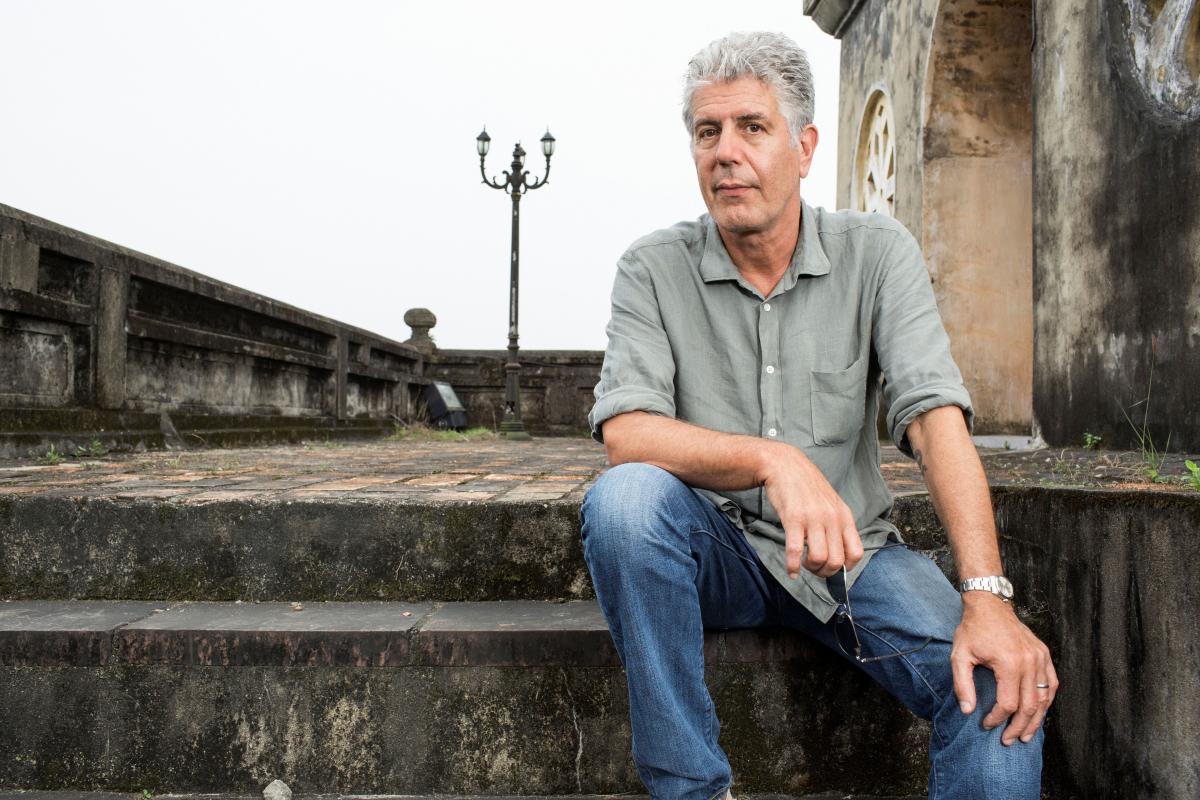
Years ago a co-worker came up to me to recommend that I watch some food & travel show. “I’m not much for food & travel shows,” I scoffed, and quickly declined. “It’s not a typical show,” he continued. “I really think you’d relate to this guy. I think you’d want to hang out with this guy.” So, I gave it a shot. The show was No Reservations, its star was Anthony Bourdain, and my co-worker couldn’t have been more right. I was an immediate fan of the show (as well as its successor, Parts Unknown)¹ and soon became an ardent admirer of Bourdain; for the “Pick any 3 dinner guests” game, he would readily have the seat at the head of my table. So naturally, I, like millions of others literally around the world, was heartbroken at the news this week that while seemingly living a life more full and fantastical than any of us could possibly imagine, he’d chosen to end it.
What was it about Bourdain that made him so treasured, such an ideal to so many? He was, first, a renegade, a laudable characteristic to the majority of us who readily toe society’s lines. He was, as well, a fearless crusader, an enlightened sage, a master wordsmith, an unsentimental historian, a bridge-builder, and a truth-teller.
But I think, too, the strength of the connections we felt were equally tied to his many triumphant contradictions: He was an adventurer and yet a pragmatist, audacious but not reckless; he was a traditionalist while still fiercely progressive; he was at once a cynic and an optimist, ominously dark and cheerfully whimsical; he was both cerebral and juvenile, sophisticated and vulgar at the same time; he was erudite yet street-wise, uniting the poetic with the prosaic; and critically, in his presentation, he embodied the perfect blend of assertive swagger and belittling self-deprecation. And, his distinctive articulation of stories could be compared to a jazz musician, alternately subtle and minimalist followed by bursts of avant-garde brilliance, like stirring up Louis Armstrong with John Coltrane.
Last night I watched the momentous 2016 Parts Unknown episode where Bourdain’s own dinner partner for cheap noodles and beer in Hanoi, Vietnam was none other than President Barack Obama. At the close of the scene, Bourdain leans in towards Obama and plaintively asks him, “Is it all gonna be okay?” to which Obama quickly replies, “Yeah. I mean, I think progress is not always a straight line,” before somberly adding, “Y’know there are gonna be moments in any given part of the world where things are terrible. But, having said all that…” – here he took a sizable pause – “I think things are gonna work out” and nodded affirmatively. Bourdain looked across at him earnestly, said “Thank you so much” and then “Cheers!” as they affectionately clicked beer bottles. But in the end, maybe Bourdain just didn’t believe the President. One New York Times story cataloguing his journey ended with the following Bourdain quote: “Life is complicated. It’s filled with nuance. It’s unsatisfying. If I believe in anything, it is doubt.” Maybe he was tormented by that bottomless uncertainty.
Another quote of his I found went as follows: “I know what I want. I want it all. I want to try everything once.” Maybe someone whose everyday life was truly as remarkable as Anthony Bourdain’s just decided he’d already done about everything, and that it was time to move on. Or, that there were other unknown demons. Who knows. As Johnny Winter once sang, life is hard.
¹And yes, the music woven into all the shows was simply outstanding – eclectic, eccentric and exceptional.
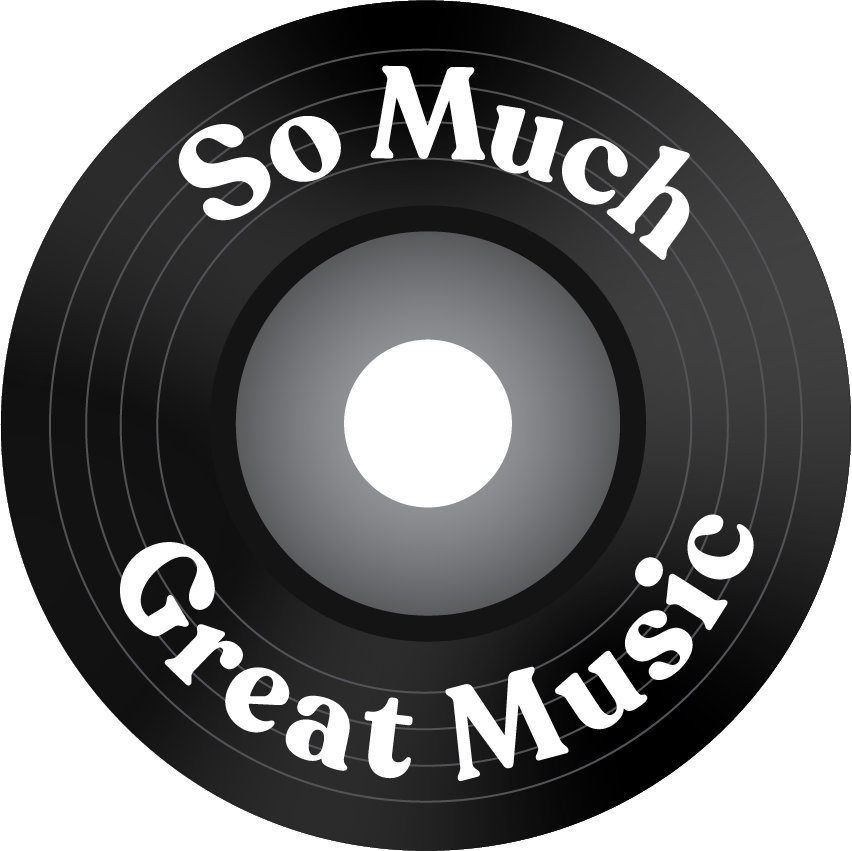


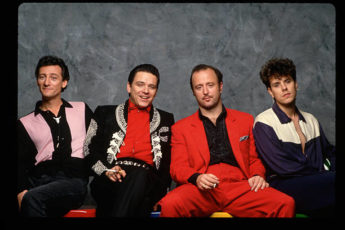
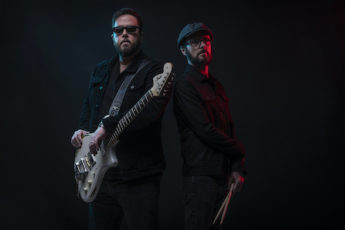
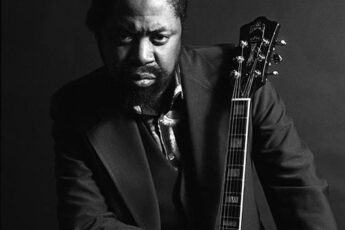
Leave a Comment